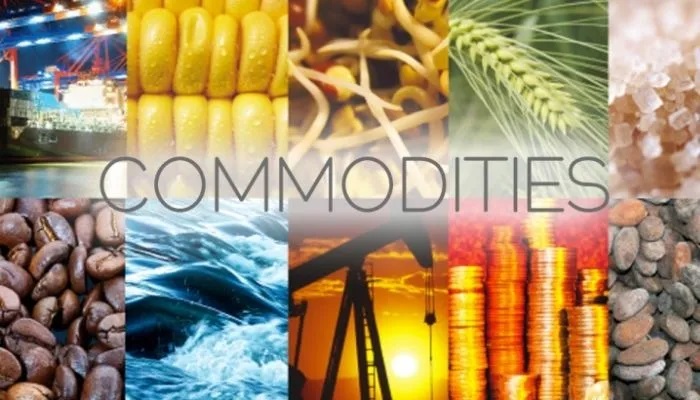
Woke up thankful for everyone who has been on board for any part of Agenpo’s journey. I’m still going for every single person who ever placed a bet on me. Quick update for all those people: I’m not letting up anytime soon.
Building is hard, but we wouldn’t have it any other way at Agenpo. This is why since my last article, we’ve stripped down, rebuilt, reiterated and reorganized a bunch of things. In all of these, the mission has remained unchanged – to make commodity producers (farmers and miners) in Africa more visible and drive more funds to them to enhance their indispensable work, while also making their produce visible and easily obtainable to those who need them as raw materials for their processing and/or manufacturing concerns. We have scheduled the product (MVP) launch for next quarter and we will keep those on our waitlist (sign up at agenpo.com) in the loop with exciting updates while also taking feedback.
What we have is a single product that accommodates key stakeholders in the commodities trading ecosystem and we’re starting from Nigeria. These stakeholders are the Producers (farmers & miners), Quality Inspectors, Manufacturers/Processors, Warehousing and Traders. Each stakeholder interacts with another without the need to know or trust them. What this means is that a Trader in Obudu in Cross River state can ‘see’, pay for and move 600 tons of grain from Kebbi state to a processor or manufacturer in Ogun state. It also means that Manufacturers and Processors who make use of such grains don’t need to have robust procurement systems (expensive) because they just have to place an order stating quantity and delivery period, then receive offers from Traders. These manufacturers/processors also bear no responsibility for anything that has not been delivered to them. Interestingly, this single platform ensures that Producers (Farmers & Miners) are not visible to only a few people, which greatly reduces their bargaining power and hence making their work unprofitable and unattractive.
Register for Tekedia Mini-MBA edition 18 (Sep 15 – Dec 6, 2025) today for early bird discounts. Do annual for access to Blucera.com.
Tekedia AI in Business Masterclass opens registrations.
Join Tekedia Capital Syndicate and co-invest in great global startups.
Register for Tekedia AI Lab: From Technical Design to Deployment.
There are other key things about this product that also excite me greatly. One of them is that it simplifies stakeholder segments so that people are able to get into the sector much easier. Another is that it opens up highly untapped opportunities in Real Estate and Fintech. In both instances, jobs are created and new business models spring up. In the former, a farmer can focus on farming without worrying about funding, inputs, sales or even advisory services. Traders can focus on trading without worrying about commodity sourcing or even off-takers. In the latter, everyday people are given new opportunities to engage in sectors of the economy that they would otherwise not have. I will get into more details on this in a future article.
While I am happy to write, there are people who have committed to see there’s something to write about. Without a shadow of doubt, Lucky, Sandra, Mubarak, Odiri and Daniel deserve accolades for what they are doing. I will let them reveal themselves fully when they choose to do so but I couldn’t resist naming them.
Moving forward, we are essentially building what can best be described as a system or technological infrastructure for physical commodities trading on the African continent. Where they don’t infringe on our core values as a business, we are open to partnerships and pre-seed investment (investors can take advantage of the SEIS scheme as we are a UK-registered startup).
It goes without saying that the bottlenecks in the commodities sector in Nigeria and Africa in general are well-documented and over-flogged so I won’t bore you with all of that. Rather, I’d strongly recommend a report based on research by Agri-Logic and posted by Sanne Steemers on LinkedIn earlier this year. The (Netherlands Enterprise Agency) NEA-commissioned report “Addressing the $200 billion demand for finance for Agriculture and Agribusiness in Nigeria” should give you an idea of what we’re dealing with. I have no doubts that we’re building a product with will address 0.5% of that in the most efficient way. Naturally, scaling that efficiency will follow.


